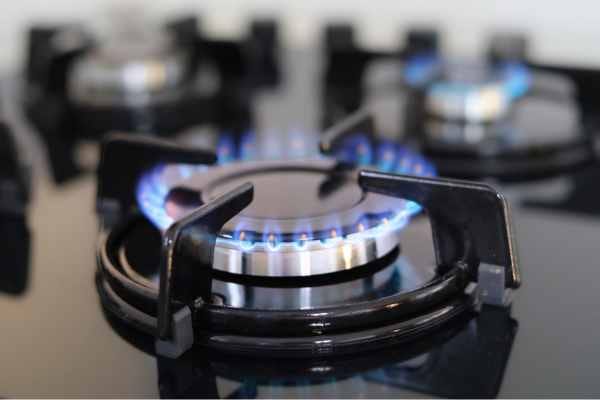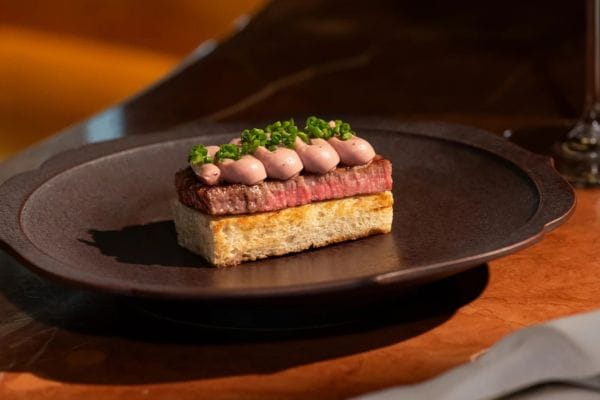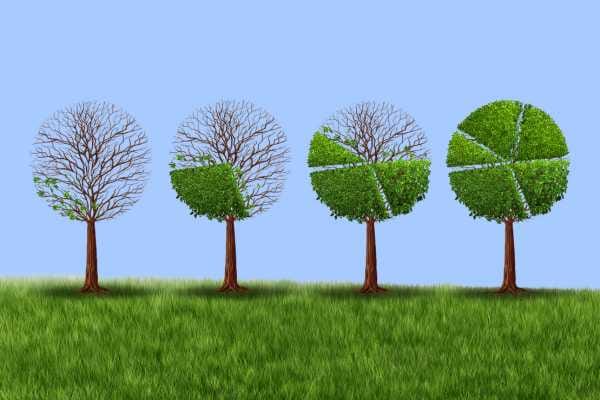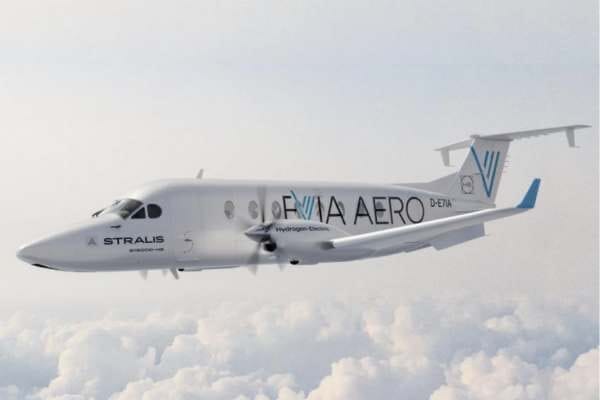Protein from thin air makes debut
Chefs have put one of the world’s most sustainable proteins through its paces for the first time.
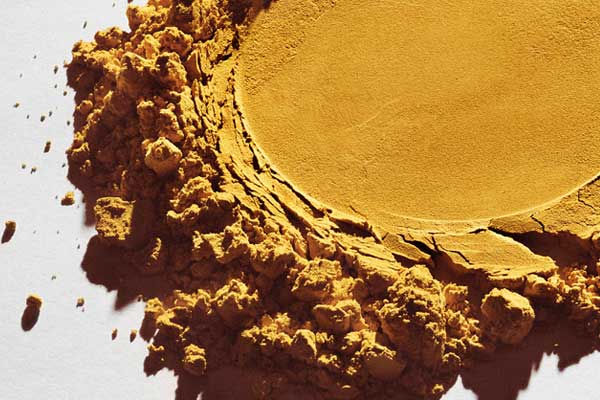
Chefs have put one of the world’s most sustainable proteins through its paces for the first time.
A world-first protein made from only CO2 and electricity has moved out of the lab and into real-world menus.
Representatives from Singapore’s local food industry, as well as investors and journalists, were the first to officially taste the protein – which takes the form of a yellow powder.
Chef Oliver Truesdale Jutras –who oversaw creation of the menu – said it was exciting to experiment and introduce something “entirely new and wild and never seen before”.
The unveiling of Solein by Finnish foodtech startup Solar Foods comes after Singapore became the first market to grant the novel protein regulatory approval in September last year. The company is now seeking approval in other parts of the world.
Farm-free ingredient
Solein is the first ever novel food disconnected from the limits of traditional agriculture, according to Solar Foods founders Pasi Vainikka, Dr Juha-Pekka Pitkänen, Sami Holmström, Jari Tuovinen, Professor Jero Ahola, and Janne Mäkelä.
As a microbial, protein-rich powder, Solein is a sustainable, nutritious, and versatile ingredient, they say, and can replace meat or plant proteins in everyday foods.
With a note of umami, it can also blend into a variety of foods including alternative dairy and meat, different snacks and beverages, noodles and pasta, or breads and spreads, according to Solar Foods.
As Solein becomes available for commercial use, its makers say they will target food brands seeking nutritious, functional, and sustainable protein ingredients.
A new era for food
“This is the first time in history humankind can be provided with edible calories that at no point require photosynthesis,” Solar Foods CEO, Vainikka, said at the launch.
“So far photosynthetic plants have been the only feasible way to receive energy from the sun to feed humankind.
“Now, this process can be by-passed in its entirety. That’s an absolutely historic moment. A new era begins in the primary production of food and restoring biodiversity.”
Solar Foods recently received a €34 million grant from Business Finland in what’s been described as the single largest public grant funding for cellular agriculture in the world. It will use these funds to ramp-up its first factory, which will start commercial production next year, and also start preparations for its second factory.
"This is the first time in history humankind can be provided with edible calories that at no point require photosynthesis."
The tech
Solein is made in a similar bioprocess to winemaking, but instead of sugar, microbes are fed with carbon dioxide, hydrogen and oxygen plus small amounts of nutrients. The original single-cell microorganisms used in Solein were collected from nature in Finland, where they are abundant. The microbes are put into liquid within a fermentor and are continuously supplied with small bubbles of hydrogen, carbon dioxide and nutrients – and the microbes eat these to grow and multiply.
Who funds it
Solar Foods recently received a €34 million grant from Business Finland to ramp-up its first factory and start preparations for its second factory.
Is it ready to roll
Solar Foods’ first commercial production facility is based in Vantaa, Finland and will begin to produce Solein in 2024.


